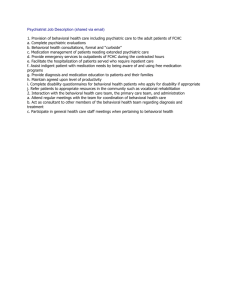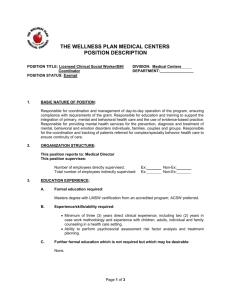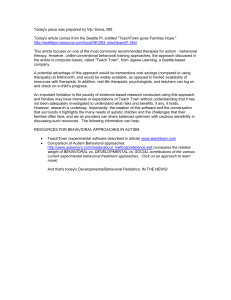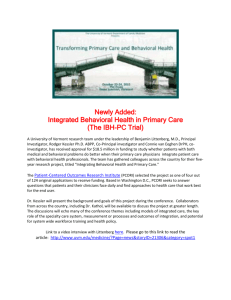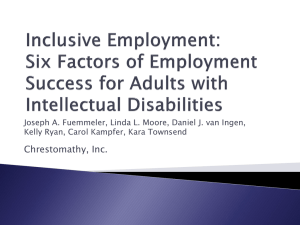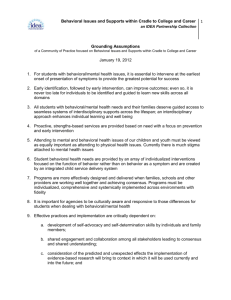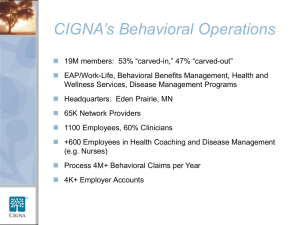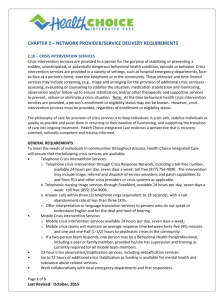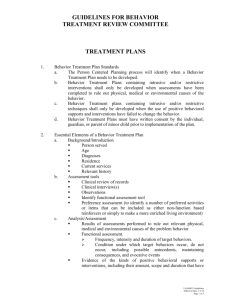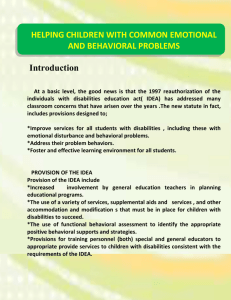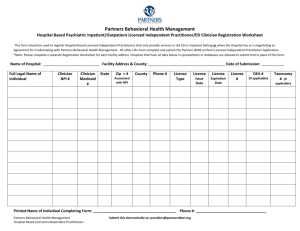PM Attachment 3.14.1, Admission to BH Hospital or BHIF
advertisement
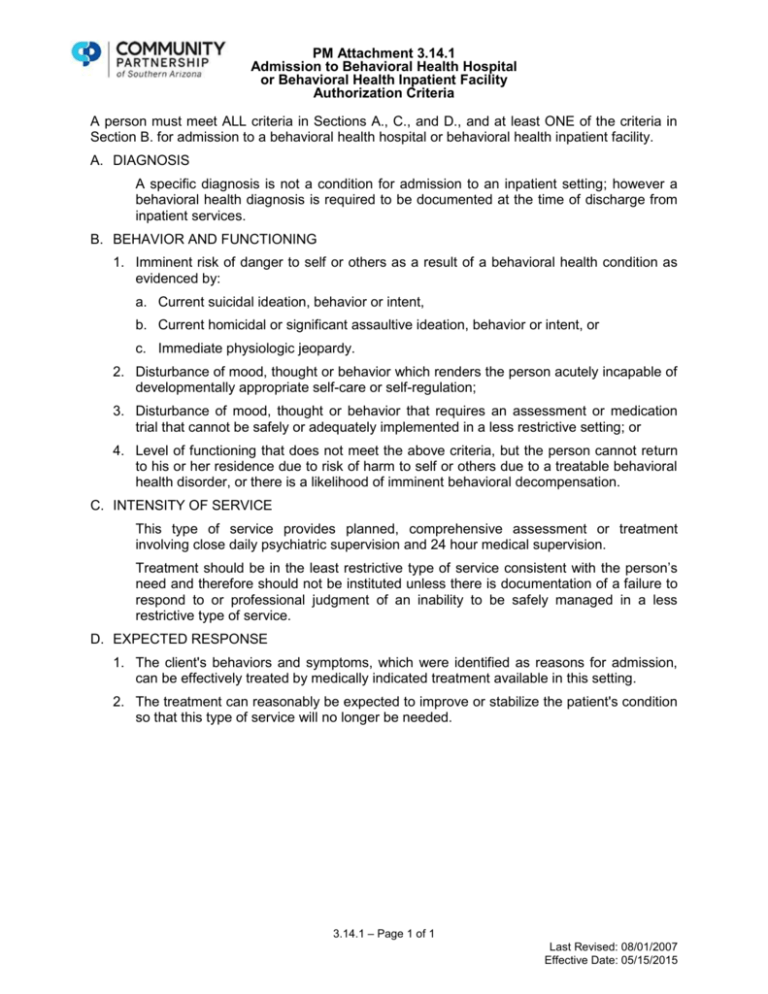
PM Attachment 3.14.1 Admission to Behavioral Health Hospital or Behavioral Health Inpatient Facility Authorization Criteria A person must meet ALL criteria in Sections A., C., and D., and at least ONE of the criteria in Section B. for admission to a behavioral health hospital or behavioral health inpatient facility. A. DIAGNOSIS A specific diagnosis is not a condition for admission to an inpatient setting; however a behavioral health diagnosis is required to be documented at the time of discharge from inpatient services. B. BEHAVIOR AND FUNCTIONING 1. Imminent risk of danger to self or others as a result of a behavioral health condition as evidenced by: a. Current suicidal ideation, behavior or intent, b. Current homicidal or significant assaultive ideation, behavior or intent, or c. Immediate physiologic jeopardy. 2. Disturbance of mood, thought or behavior which renders the person acutely incapable of developmentally appropriate self-care or self-regulation; 3. Disturbance of mood, thought or behavior that requires an assessment or medication trial that cannot be safely or adequately implemented in a less restrictive setting; or 4. Level of functioning that does not meet the above criteria, but the person cannot return to his or her residence due to risk of harm to self or others due to a treatable behavioral health disorder, or there is a likelihood of imminent behavioral decompensation. C. INTENSITY OF SERVICE This type of service provides planned, comprehensive assessment or treatment involving close daily psychiatric supervision and 24 hour medical supervision. Treatment should be in the least restrictive type of service consistent with the person’s need and therefore should not be instituted unless there is documentation of a failure to respond to or professional judgment of an inability to be safely managed in a less restrictive type of service. D. EXPECTED RESPONSE 1. The client's behaviors and symptoms, which were identified as reasons for admission, can be effectively treated by medically indicated treatment available in this setting. 2. The treatment can reasonably be expected to improve or stabilize the patient's condition so that this type of service will no longer be needed. 3.14.1 – Page 1 of 1 Last Revised: 08/01/2007 Effective Date: 05/15/2015
